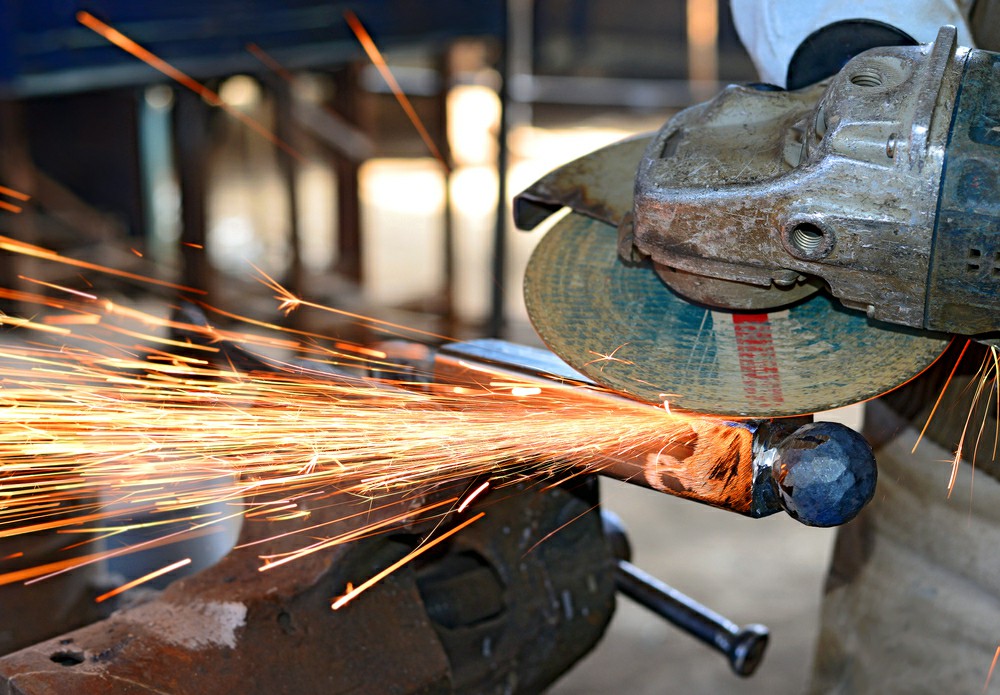


 349,500 Offered Certificates
349,500 Offered Certificates
 24/7 Online Training
24/7 Online Training
 Money Back Guarantee
Money Back Guarantee
 Fully Accredited Courses
Fully Accredited Courses

Created at: 22-02-2025 22:47
Abrasive wheels are crucial tools in many industries, from construction to metalworking. However, if not handled properly, they can pose serious safety risks. Understanding these risks and the importance of proper training is key to ensuring a safe working environment.
Proper training plays a pivotal role in mitigating risks associated with abrasive wheels. It equips workers with the knowledge to identify hazards and understand the correct operating procedures. Here’s how training effectively reduces risks:
Training programs like the Abrasive Wheels Course emphasize the importance of recognizing potential risks in the workplace. Employees learn to spot defects, such as wear and tear, before they lead to accidents.
Through certified abrasive wheels training, employees are educated about the importance of PPE, including:
Training helps employees understand the specific use of abrasive wheels, reducing equipment misuse. This includes learning about:
Employees trained in abrasive wheels safety learn about safety measures, such as:
Implementing effective training programs can make a significant difference. Below are case studies showcasing how proper training prevented accidents:
A leading metal fabrication company in Dublin had a near-miss incident where an abrasive wheel shattered during use. Thanks to their ongoing abrasive wheels certification program, workers had been trained to always check for wheel defects before use. This training likely prevented a serious accident, demonstrating the critical importance of awareness in a potentially dangerous environment.
In a Galway-based construction firm, improper usage of abrasive wheels resulted in an injury due to wheel detachment. The company's mandatory abrasive wheels safety course highlighted the correct mounting procedures and usage guidelines. Following this incident, the firm re-implemented regular training, leading to zero workplace injuries related to abrasive wheels for over a year.
To further mitigate risks, consider adopting the following best practices:
Training is integral for working safely with abrasive wheels. By investing in proper abrasive wheels training, businesses can significantly reduce the risk of accidents and injuries. Equip your team with the knowledge to work safely, leverage expert resources, and prioritize a culture of safety in your workplace.
Don't wait for an accident to happen—enroll your team in the Abrasive Wheels Safety Course today and take the first step towards a safer workplace.
For further information, contact us at [email protected].